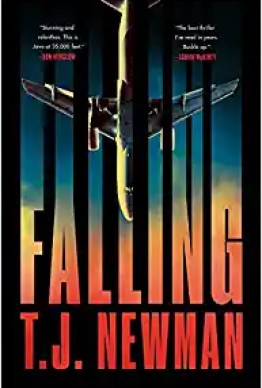
Fans of award-winning author Nick Petrie’s high-octane action adventures won’t be disappointed in his latest, seventh in the series. The Runaway again features knight-errant Peter Ash, a U.S. Marine no longer serving in the military, who, over the course of these thrillers is gradually learning to manage a debilitating case of PTSD. At the same time, Petrie’s writing shows ever-increasing skill and confidence with no sign of flagging.
The sparsely populated countryside of several Great Plains states—Montana, South Dakota, and Nebraska—features heavily in this story. The area has its beauties, but it’s remote. A stranger sticks out. Mostly, there’s not much help around if and when you need it. And he will.
Driving across Nebraska, using one of the back roads he prefers, Ash encounters a small white car parked by the side of the road. Out of gas? Mechanical problem? It’s in Ash’s nature to stop and help—part of his atonement for Iraq and Afghanistan—but it seems no one is around. Then a heavily pregnant woman emerges from behind a cottonwood tree.
Helene is terrified and trying to escape her husband, but the car she’s appropriated broke down. Husband Roy is a high-end thief, robbing empty vacation homes. He used to be a Minneapolis police officer and has cultivated connections with cops across multiple states, which makes going to the police a risky option. Yet he’s said he’ll help her, and he’s determined to do it. Though a controlling spouse is a familiar plot idea, Petrie’s skill in developing Helene’s character keeps you caring about her fate.
Roy’s hunt for Peter, Peter’s hunt for Helene, and his strategies to keep them both alive make for a page-turning, stay-up-late adventure. The story’s not just about the difficulty of escaping a wily and determined spouse. It’s about the internal resources you need to actually go through with it. Helene is very young. Can she do what needs to be done? For his part, Peter is not only clever about resolving difficult situations, he displays a strong streak of humanity, as well.











